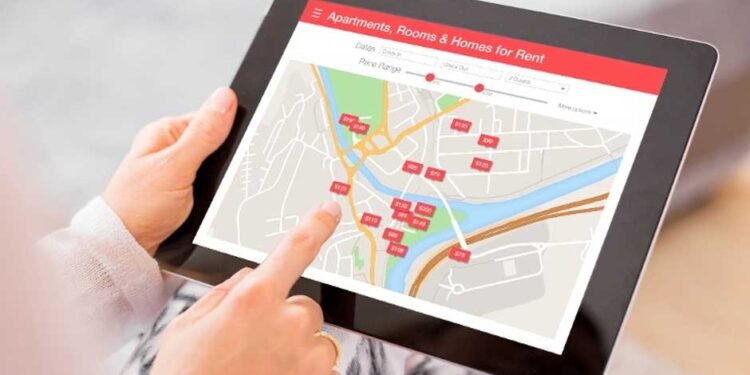Hypothetically, you should be able to turn a profit every month from your rental properties. Your tenants will pay you a fixed monthly rate, which will represent your income, and ideally, that rate will exceed all of your expenses.
However, if you want this balance to work out in your favor, you need to find a way to price your rentals competitively. But what does that mean exactly? And how can you achieve this balance?
The Importance of Competitive Rates
Competitive pricing is a critical key to success in rental property management. The idea is to find a price that keeps all parties interested and, hopefully, happy. If you price your rent too low, you may not make enough money to overcome the burden of your expenses. If you price your rent too high, you’re going to turn tenants off and limit your own success.
The competitive side of this equation requires you to pay careful attention to how similar property owners are pricing their properties. After all, most people evaluate rent prices through comparison; it’s only by comparing similar types of properties that people figure out what rent is reasonable for them.
Unfortunately for many property owners, finding a competitive rate isn’t always easy.
How to Price Your Rentals Competitively
These are some of the most important strategies for pricing your rentals competitively:
- Check the law. First, you need to check the law. There may be some rules in place that dictate how and when you can increase rent prices, or other limitations that you need to keep in mind. No matter what, you need to remain legally compliant.
- Do your research. There are many tools that can help you research the competition in your area. Use them as much as you can. Figure out how many properties like yours are in the area and dig into them as much as you can. What are these other units being listed for? How popular do they seem to be? What are people generally willing to pay for rent in this area, and just how similar is your property to other properties in the area? The better you understand other rentals and other prices in your neighborhood, the more effectively you’ll be able to price your units.
- Know your target audience. Get to know your target audience as much as possible. This is the case with other marketing endeavors, relevance to your target audience is the key to success. It’s not just about what other properties in your area are going for; it’s also about what your ideal tenants would be willing to pay for such a property. Conduct market research and interviews, if appropriate, to better understand the relevant mindsets.
- Study the past. Similarly, you should have a thorough understanding of the past of this property. What have other people charged for rent in the past? If there are current tenants, what have they expected from this property in the past? What has changed to justify a potential price increase?
- Factor in all your expenses. You can also alter your calculations based on the expenses of keeping the property up and running. For example, if your property taxes and insurance costs have increased precipitously over the past few years, you might be perfectly justified in charging a higher rent price. This will likely be reflected in competitive prices as well.
- Account for unique advantages. Also factor in the unique advantages of your units. Are there any impressive advantages or unique differentiators that might allow you to charge more rent than similar property owners are charging for their properties? For example, if you can offer extra parking, you might be able to charge higher rent, compared to otherwise similar units.
- Step up your presentation to justify higher prices. If you’re interested in charging a higher rent price, find a way to justify it. Repairing, upgrading, and superficially improving your property might allow you to do it. If your property looks better and feels better to the average person, they’ll be more likely to pay more for the privilege of renting it.
- Get feedback. Next, get feedback from people who are interested in your property. If they toured your property and decided not to rent it, was it because of the price? Or were there other factors involved?
- Be willing to adjust. You may need to adjust your price, depending on the feedback you receive. If your property is vacant for too long, it might be a signal that you need to lower your price to be competitive.
Arriving at a competitive price for your rental property is going to take some effort on your part. But if you’re willing to do your research, execute your due diligence, and tinker with the variables so that all parties are equally satisfied, you’ll be in a much better position to succeed.












